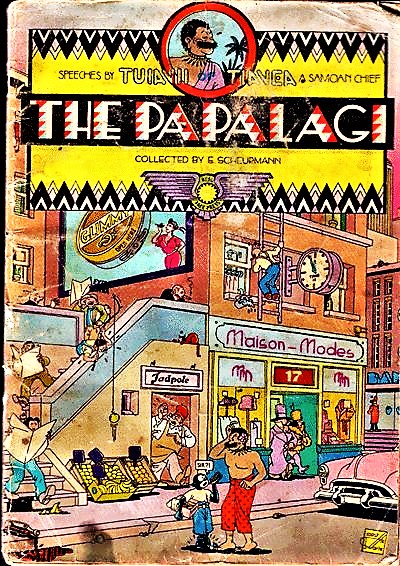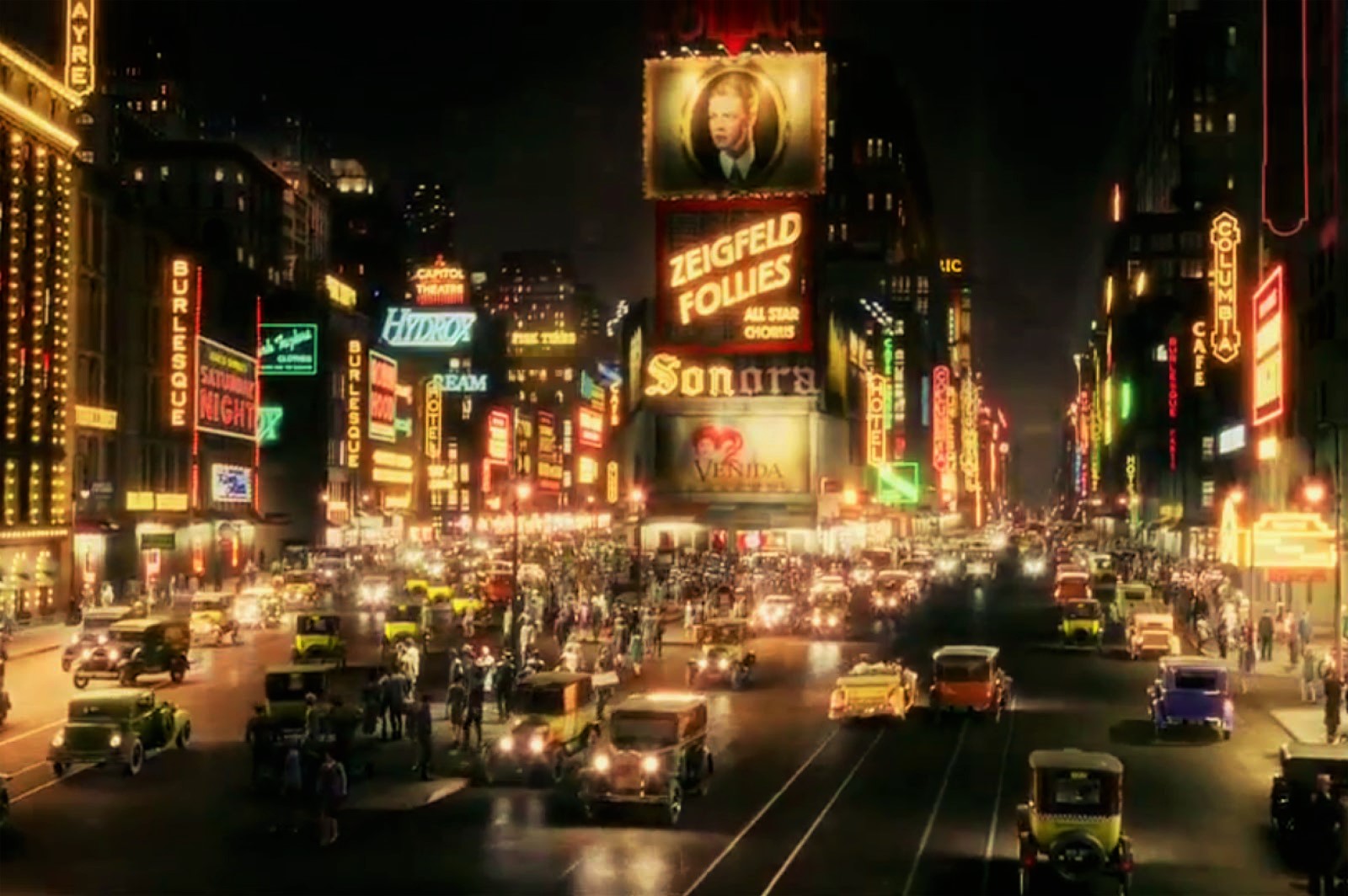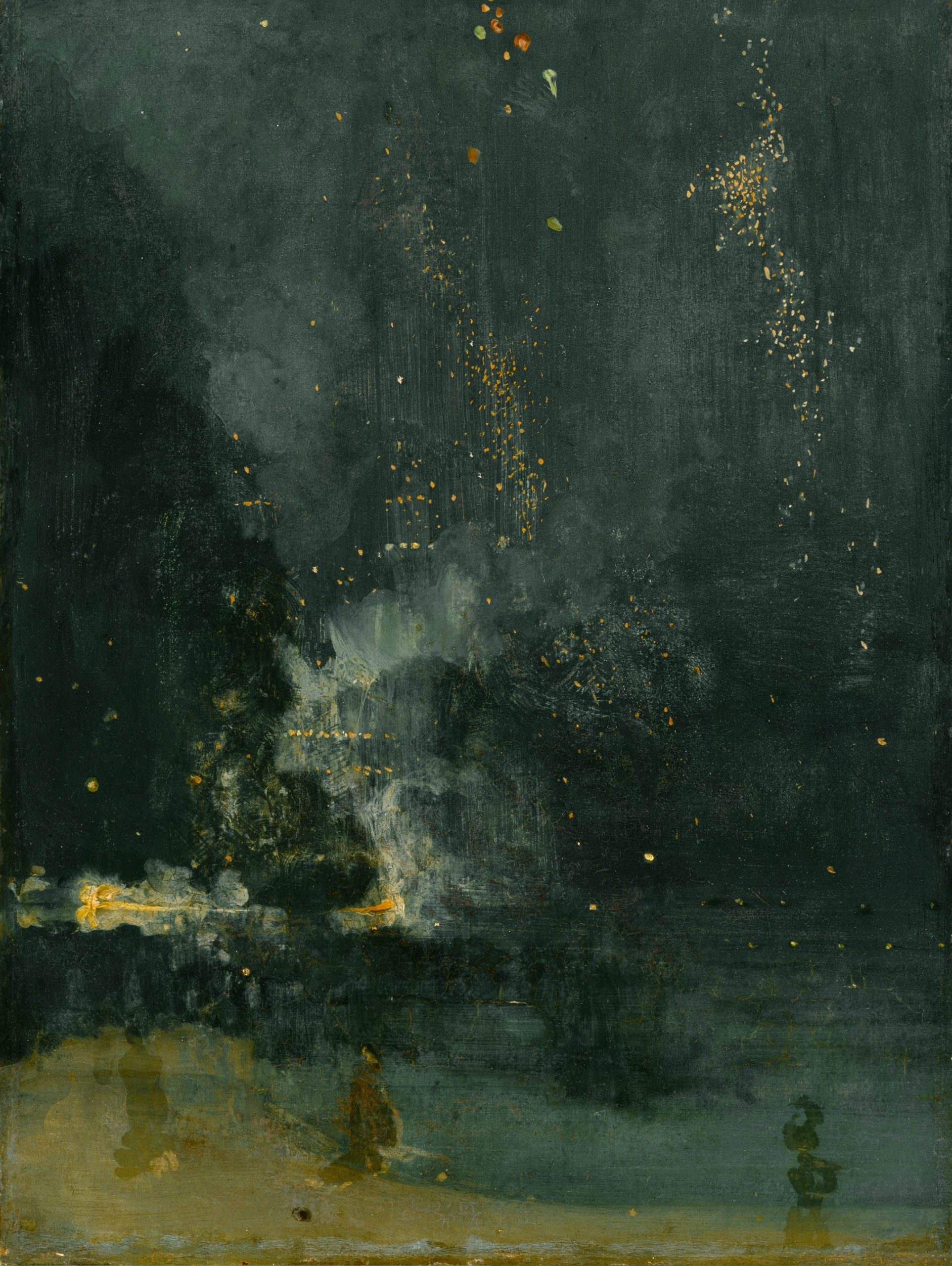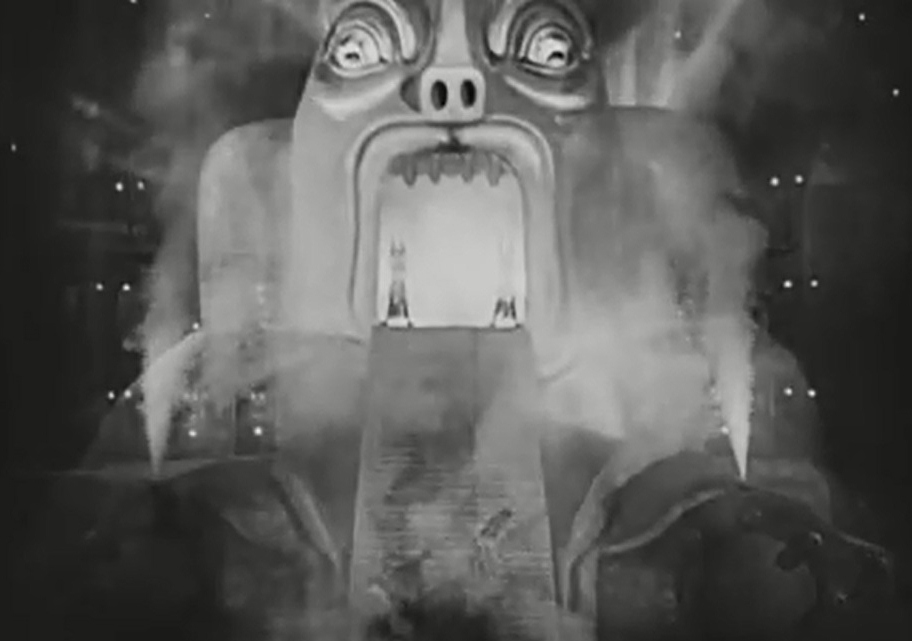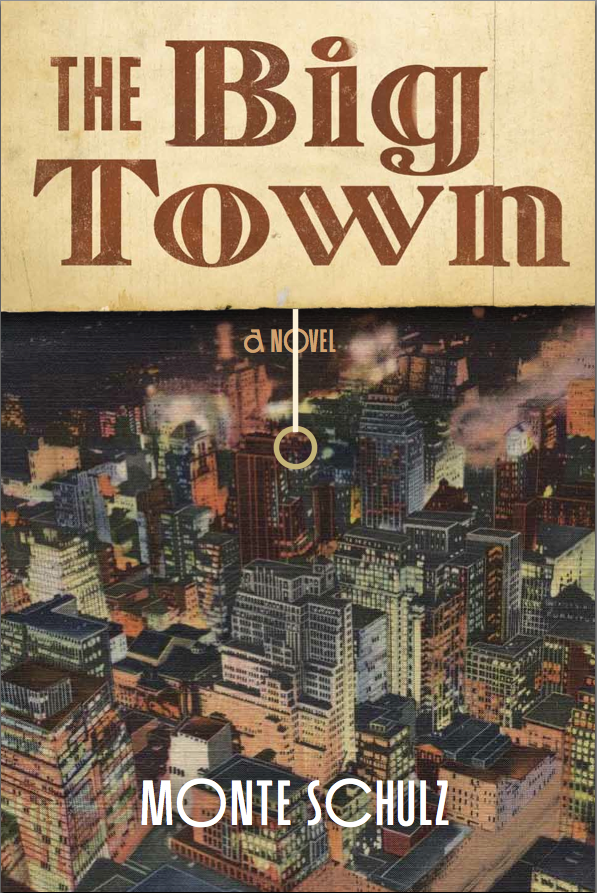In 1920, Erich Scheurmann translated into German the speeches of Samoan Chief’ Tuiavii from the village of Tiavea, a work called The Papalagi (The White People) that describes his impressions of European culture formed during a tour as part of a traveling show. Tuiavii’s depictions of the greed and hypocrisy of the civilized Europeans has become a post-hippie inspiration for a counterculture movement to break out of the rigid confines of corporate capitalism.
Tag: 1920s
Monte Schulz’s Beautiful Jazz Age Tragedy in ‘Crossing Eden’
Monte Schulz’s literary novel Crossing Eden (Fantagraphics Books), sweeps across the Midwestern U.S. landscape through the story of a family pulled apart in the Jazz Age summer of 1929. A failed businessman, seduced by city lights and the dream of wealth and power, divides himself from his wife and children, while a troubled farm boy runs away from home in the company of a gangster.
Gershwin’s Reluctant Kaleidoscope of America in ‘Rhapsody in Blue’
With reluctance, George Gershwin, commissioned by the self-styled King of Jazz in 1920s New York, composed his “musical kaleidoscope of America,” Rhapsody in Blue. Stephen Vessels curates the discussion.
H. G. Wells on the Futurist Dystopia of Fritz Lang’s “Metropolis”
“Metropolis” hallucinates a futuristic city, a paradise of glass and steel, where underground workers toil endlessly at the giant machines that run the world above. Controlled by the autocratic industrialist, his spoilt son falls for the working class prophet who envisions some mediation between workers and managers. Noted science fiction author H. G. Wells reviews the controversial 1927 masterpiece.
Book Review: Monte Schulz’s Roaring 20s Memory Palace “The Big Town”
Monte Schulz crafts an extraordinary picture of urban life in the Roaring 20s, where modern dreamers and their romantic illusions collide with American wealth and decadence on the eve of the Great Depression.
Monte Schulz: Dreaming Jazz America in “The Big Town”
“Monte Schulz’s *The Big Town* exposes decadence, wealth and consumption in Jazz Age America as spiritual myopia — where desperate, haunting characters hinge their lives on impossible dreams. This lyrical, gripping novel is as close to 1920s America as it gets, and penned with such frightening realism that the chaos of a bygone era erupts from its pages.” – Simon Van Booy
B. Traven: An Anarchists Death Ship
“Being mixed up with a strike is a different. Laborers attacking the profits of capitalists are out. When a strike is to be quelled, all consuls work in unison, regardless if only a few months ago they would have rather liked to cut one another’s throats.”

